Foreign traders who have exported to Russia know that there are white and gray customs clearance policies in Russia. What is white customs clearance and what is gray customs clearance?
White customs clearance: It refers to the normal way of customs clearance into Russia through normal customs inspection, which is protected by Russian laws and is a regular way of goods circulation.
Grey customs clearance: The shipper is responsible for delivering goods to the Chinese customs in China and successfully passing the inspection. However, when the consignee received the goods at the Russian port, due to the tedious inspection, some of the middle links were solved by the Russian "customs clearance company". These freight forwarders are approved by the government, and their business is to perform customs clearance procedures and collect taxes. The Sino Russian trade is a complicated problem. When going through the inspection procedures through the "customs clearance company", the customs clearance company unilaterally modifies the variety and quantity of goods in the bill of lading in order to make profits. As a result, Chinese goods entering Russia do not have formal security inspection procedures. The export is genuine goods, but the import is black goods.
As a result, when checking in Russia, he became the target of arrest without any doubt. Therefore, it is not difficult to see that the problems raised by many enterprises, such as goods being detained or not being raised, are all due to the damage to exporters' rights and interests caused by gray customs clearance. Most of the goods exported from China to Russia are through the gray customs clearance channel, which is much faster than the normal customs clearance and much cheaper. The gray customs clearance is not only found in Russia, but also common in Pakistan and other countries.
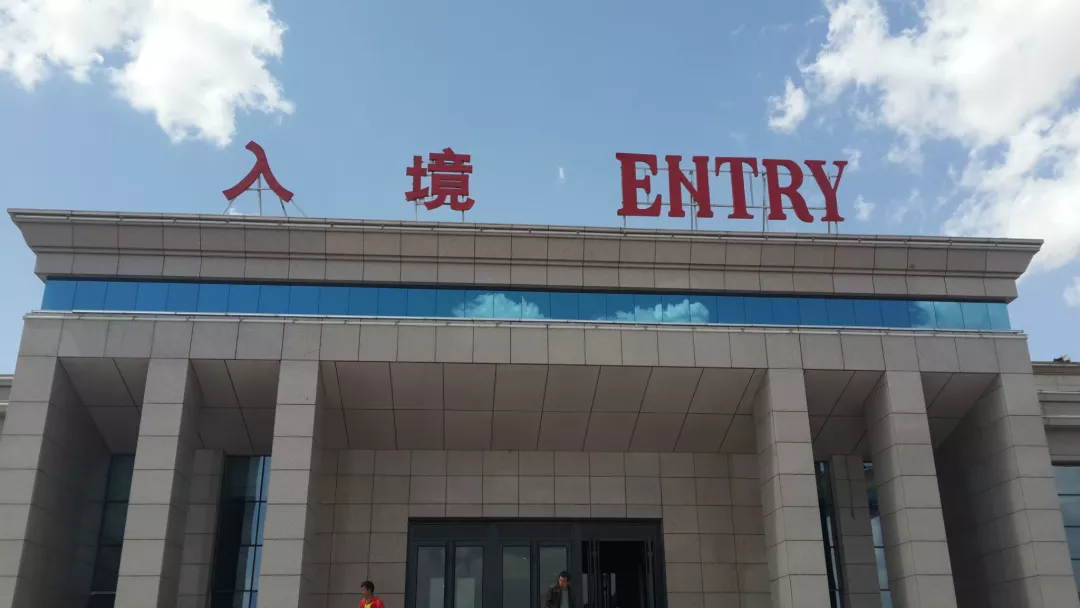
White customs clearance mode of transportation
one
railway transportation
Enter Russia (Mongolia, five Central Asian countries) from all over China via Manzhouli Port/Erenhot Port/Alashankou Port/Suifenhe Port;
two
Sea rail combined transport
From ports in China to Dongfang Port or Vladivostok, enter eastern Russia and inland cities;
three
sea transport
Enter western Russia via St. Petersburg; Or enter Ukraine, Moldova, Belarus and southern Russia via Ukrainian ports;
four
air transport
It provides air charter flight service from all over the country -- Beijing -- Moscow, weekly flights, excellent price, safe and reliable, and can be delivered to the door with single and double clearance;
five
Dispatch
The door-to-door service can arrange cars, trains, planes and other means of transportation to transport goods according to the requirements of guests, and help guests deliver goods to any designated place in Russia.
Customs declaration preparation for white customs clearance
Before the goods arrive at the port, the customs clearance agency will sort out the commodity information for customs declaration and prepare the customs declaration form. To calculate the general customs clearance fee, you need to know the details of the goods, including:
- Technical parameters (especially goods such as building materials and engineering equipment)
- Material
- Packing condition (net weight, gross weight, packing form, quantity, and the total square meters to be packed in case of plates, tiles, etc.)
With these, the customs clearance agency can determine the most suitable customs commodity code, get the optimal customs clearance value, and then calculate the lowest customs clearance cost. Unlike other countries, the customs clearance value of goods is determined by the Russian customs, not by the value of the goods themselves.
After the materials are prepared, they can be declared to the Russian customs in the name of the Russian customs clearance company, or the customer's legal company registered in Russia can make customs declaration. All customs clearance procedures are handled in a formal way.
Import customs clearance process
The Russian Customs Code stipulates that customs formalities shall be handled at the designated place of the Russian customs authority where the consignor (when exporting) or consignee (when importing) or its branch is located. The handling time shall be the working hours of the customs authorities specified by the Russian Customs Commission.
At the request of relevant parties, customs formalities can be handled at other places and during non customs working hours, but double handling fees are required. The Russian State Customs Committee has the right to decide that certain types of goods and means of transport can only go through customs formalities at designated customs offices. Some commodities can go through customs formalities only after animal and plant quarantine, ecological and other inspection.
Documents necessary for handling customs formalities include:
1. Cargo declaration form;
2. Customs value declaration form;
3. Licenses (refer to commodities subject to license and quota management);
4. Commodity inspection certificate (referring to the commodities to be inspected);
5. The application place for the license of relevant commodities (commodities subject to the supervision of relevant state organs) is as follows:
A. Animal and plant products - Animal and Plant Quarantine Bureau of the Ministry of Agriculture;
B. Ionic radiation source products - National Epidemic Health Supervision Committee;
C. Non military weapons and supporting explosives - Ministry of Internal Affairs;
D. Radio electronic equipment and high frequency instruments - National Communications and Information Commission;
6. Certificate of origin (referring to the country where the goods are produced enjoying tariff preference);
7. Documents for payment of customs duties and taxes as required by law;
8. Import contract registration certificate;
9. Other supplementary documents.
Customs procedures are divided into two parts: preliminary procedures and basic procedures. The preliminary formalities refer to the formalities that should be handled before the goods are stored according to certain customs system, aiming to prevent the import of contraband and verify the goods for customs purposes. The basic formalities refer to the formalities that should be handled by the customs, the declarant and other personnel with full authority over the goods and means of transportation after the customs receives the declaration form.
Imported goods and means of transport subject to customs supervision are usually transported to the customs at the place where the consignee or its branch is located and customs formalities are handled there. Personnel with full authority over goods and means of transportation shall submit the declaration form within the time limit specified by the Russian State Customs Committee, which shall not exceed 15 days after the goods are submitted to the customs (10 days for alcoholic drinks and tobacco products).
If the customs office confirms the acceptance of the customs declaration, it shall number the customs declaration and indicate the acceptance date. If there is any doubt about the documents and information submitted, the customs has the right to ask for additional documents and information so as to check whether the information contained in the declaration form and the documents submitted is accurate. The person in charge of the customs shall review the documents and decide whether to release them within a period of not more than 10 days (not more than 3 days for perishable goods).
The above period starts from the date of submission of the declaration form. When importing excise dutiable goods, goods declaration shall be handled in advance, and temporary declaration form shall be submitted to the customs within 10 to 30 days before the expected transit date of goods, and the customs tax deposit shall be deposited into the customs account. The margin rate was determined in accordance with Order No. 420 of the Russian State Customs Commission on August 17, 1994.
The deposit may not be deposited under the following circumstances:
The goods are transported by the customs carrier with the license of the National Customs Commission; The goods were transported in accordance with the 1975 International Freight Convention.
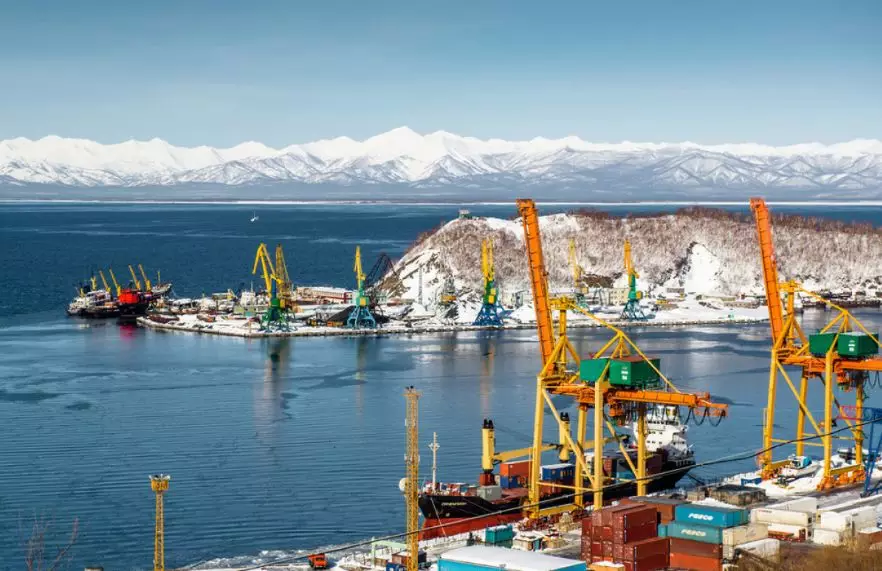
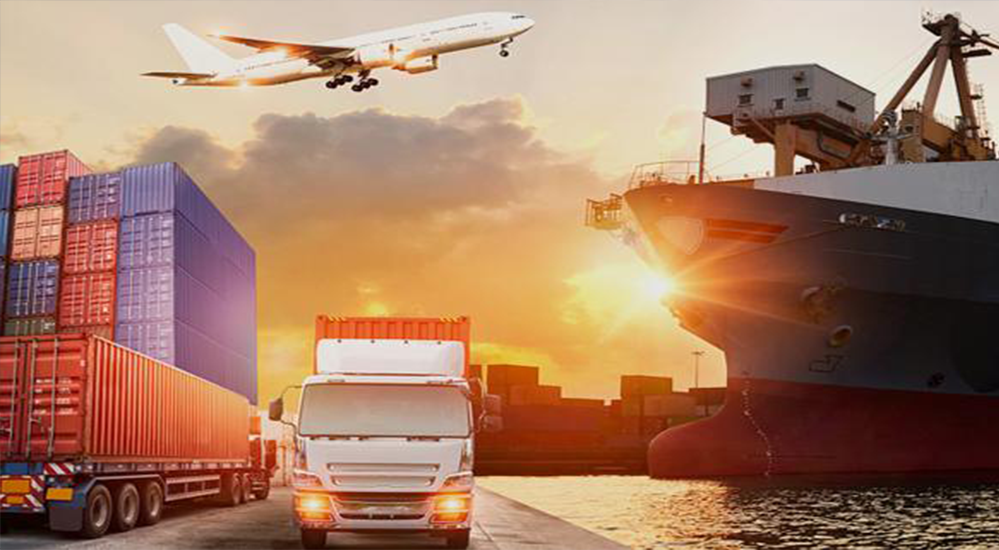 The unknown secrets of Russian cross-border logistics!
The unknown secrets of Russian cross-border logistics!
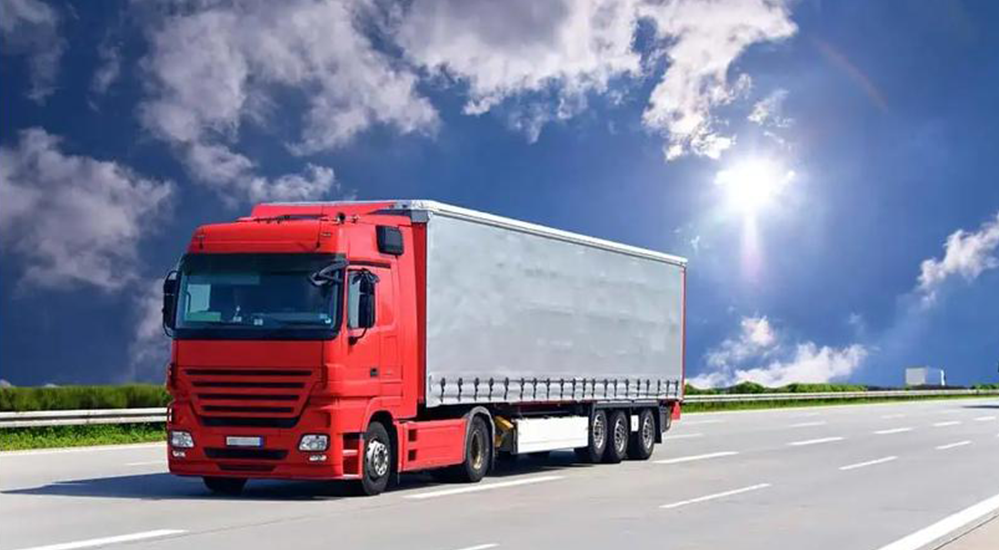 What are the transportation modes of the special logistics line in Russia?
What are the transportation modes of the special logistics line in Russia?
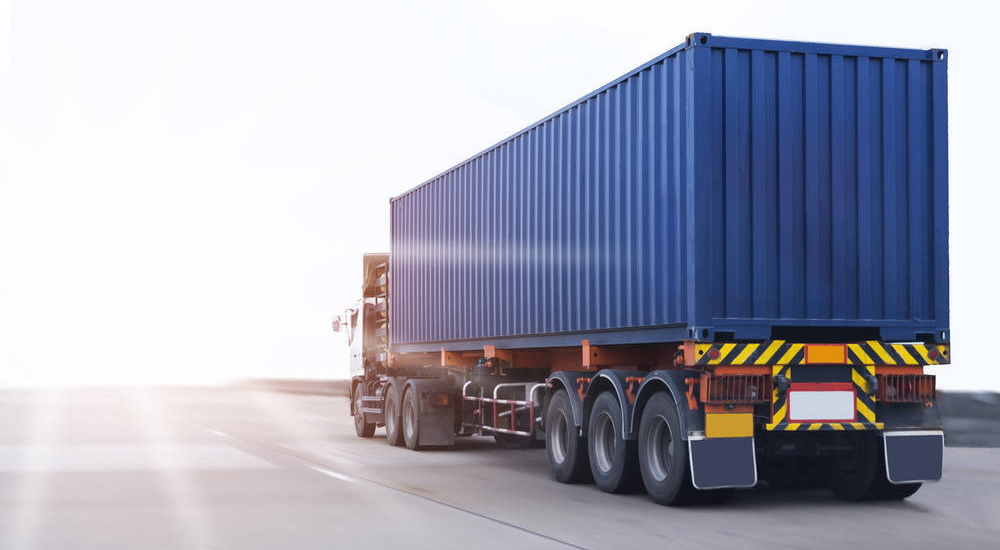 Full of dry goods! Russian land transport mode and port knowledge
Full of dry goods! Russian land transport mode and port knowledge
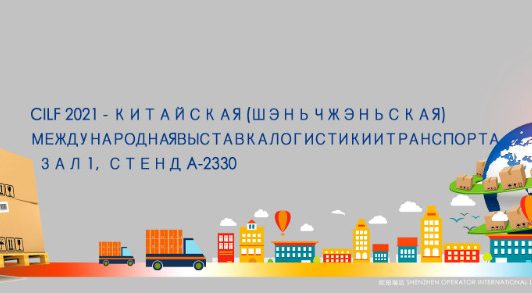 China's top logistics companies
China's top logistics companies